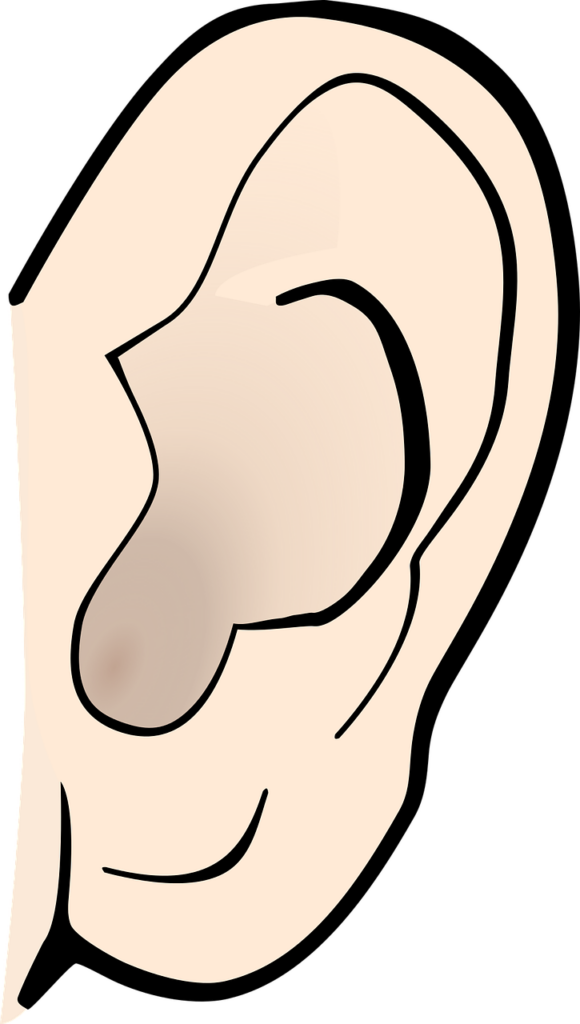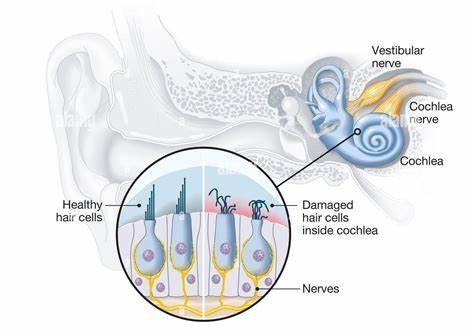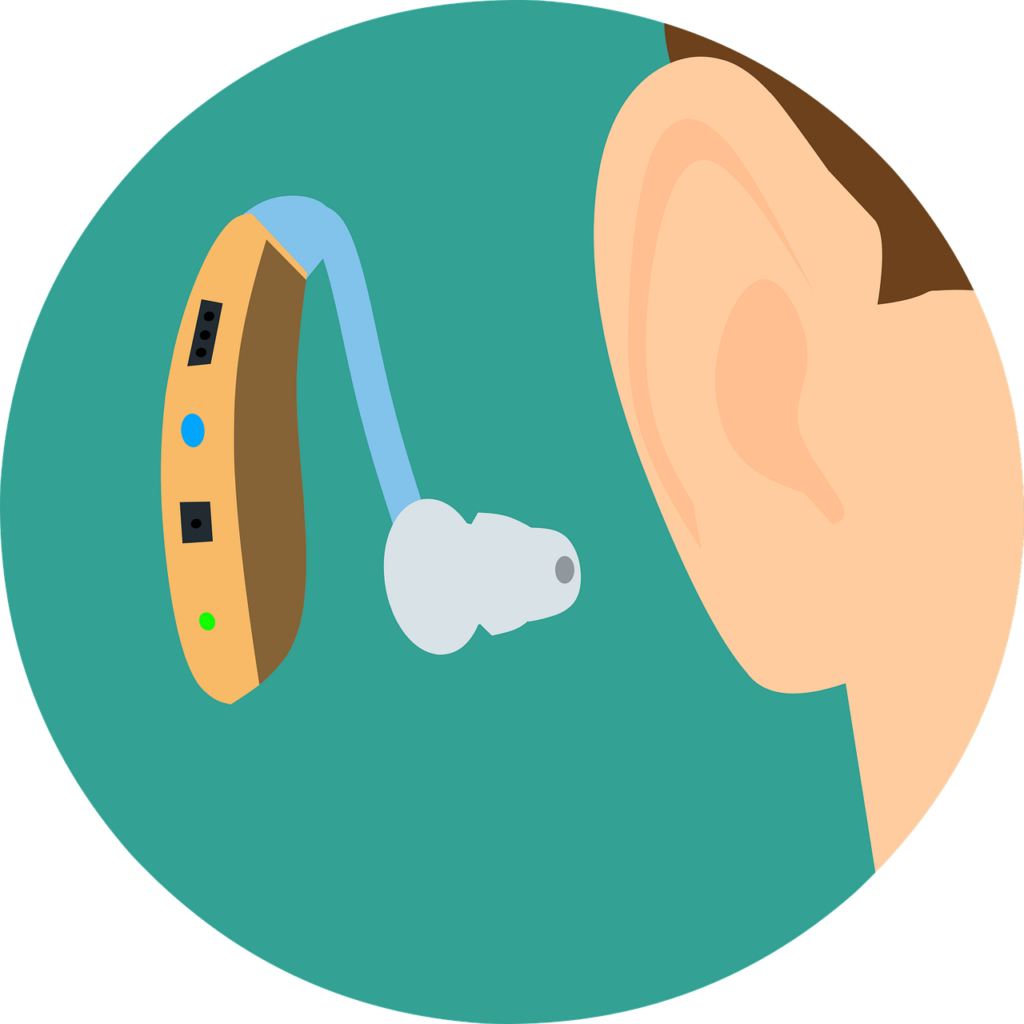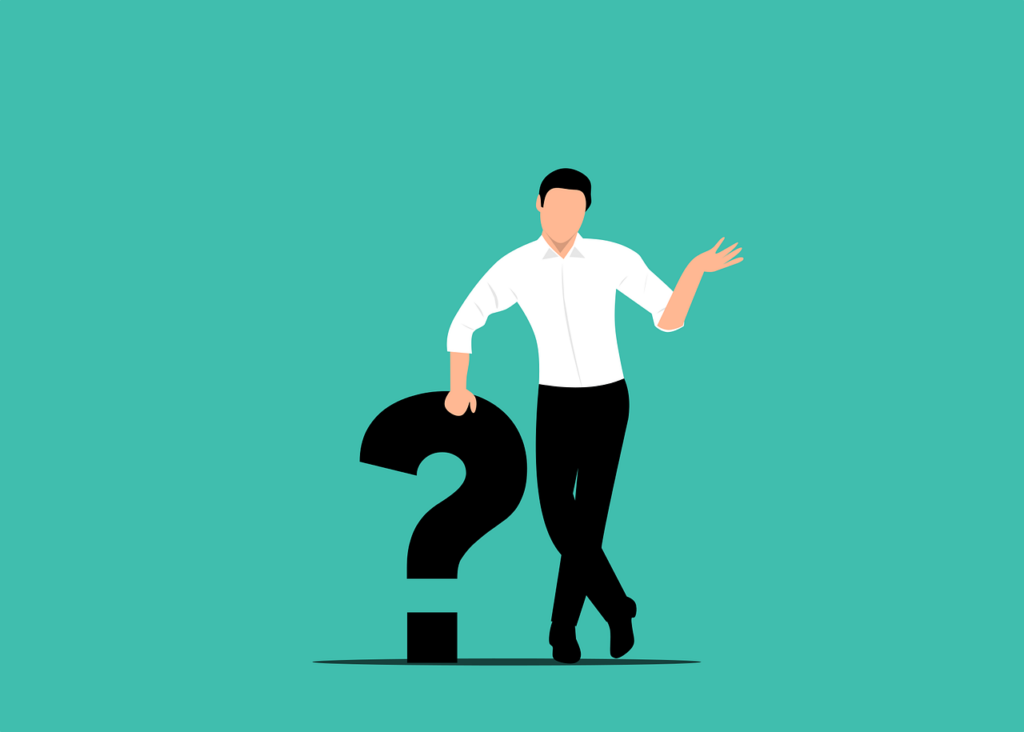
What is hearing loss?

Age-related hearing loss (also called presbycusis, pronounced prez-buh-KYOO-sis) is hearing loss. And that occurs gradually for many of us as we grow older. Here, it is one of the most common conditions affecting adults as we age. So then, approximately 15% of American adults (37.5 million) ages 18 and over report some trouble hearing. And about one in three people in the U.S. between the ages of 65 and 74 have hearing loss. But nearly half of those older than 75 have difficulty hearing this is reflected in other countries.
The symptoms of age-related hearing loss?
However, it’s most likely that you won’t notice any problem at first as age-related hearing loss develops slowly. But over time, you may notice that you’re struggling to hear high-frequency sounds. Consequently, this includes some parts of speech. Sounds that can be particularly hard to hear include ‘p’, ‘s’, ‘f’, and ‘th’.
The following are common signs of age-related hearing loss.
- You often think other people are mumbling when they speak.
- You have to keep asking people to repeat themselves.
- You struggle to hear if there’s lots of background noise.
- It’s hard to follow group conversations.
- Other people think you have the TV or music on too loud.
- It’s hard to hear on the phone.
Age-related hearing loss usually affects both ears. It can be tiring constantly struggling to hear or keep up with conversations. Also, it can affect your mood too, and make it hard to think clearly. Hence, often, family members or friends will notice changes in your hearing before you do.
So what are the most common causes of age-related hearing loss?

Age-related hearing loss is due to many different factors and changes in your ear that happen over time. Thus, one of the main changes is to tiny hairs in part of your inner ear called your cochlea. In this case, these hairs change sound vibrations into signals that can be recognized by your brain. Consequently, over time, these hairs become worn down. In addition, there can be changes to nerves, blood vessels, and other structures in your ear too.
There are, other factors, that can contribute to your hearing loss too. These include:
- genetic factors – whether hearing loss is common in your family
- exposure to loud noises
- certain medicines that can affect your hearing
- if you tend to get lots of ear infections
- having certain health conditions that may affect hearing
How do you prevent hearing loss in old age?
You can’t completely prevent hearing loss. Generally, everyone eventually gets some degree of hearing loss as they age. But there are things you can do to delay it or slow it down. Hearing loss is linked to conditions affecting your heart and blood vessels. This means these healthy lifestyle factors may help:
- not smoking
- following a healthy diet, low in saturated fat
- keeping physically active
There are also things you can do to help prevent other causes of hearing loss, that may worsen your symptoms. This includes:
- keeping your ears clean and removing earwax if needed
- avoiding loud noise including music, or wearing ear protection to reduce noise when needed
If earwax is contributing to hearing loss, you can use ear drops to soften and help remove it. Sometimes, you may need professional help to get earwax removed. Never try to remove earwax yourself by inserting cotton buds or any other objects into your ear.
What should I do if I think I have hearing loss?
If you think your hearing is getting worse, the first step is to book a hearing test. There are private clinics that offer free hearing tests. These include high-street chains and independent clinics. You can access these without a referral from your doctor.
You can also arrange a free hearing test through your doctor. It’s always best to see your doctor if you have other symptoms. These might include tinnitus (ringing in your ears), vertigo or sudden-onset hearing loss. They can examine your ears and refer you for a full hearing assessment if they agree this would be a good idea. Hearing tests are carried out by health professionals called audiologists. The audiologist may be based at a hospital or in a local clinic.
What support is available to help manage hearing loss?

There’s no cure for age-related hearing loss. But hearing aids can really help. Hearing aids work by making sounds louder – they can’t make your hearing normal again. It can take a while to adjust to wearing them. But with practice and support, it can make a big difference to your hearing. Some people who have very severe hearing loss may be eligible for surgical treatment.
Hearing loss can affect many different areas of someone’s life. It can have negative effects on mood, increase social isolation, and reduce independence. It can lead to serious safety concerns too if someone cannot hear or respond to alarms and warnings. And there’s also a link between hearing loss and increased risk of dementia. Hearing aids can help with all of these factors and improve day-to-day life.
DONATE
Pensioner Fitness Awards
THE BUSINESS CONCEPT, BEST IN BUSINESS AWARDS
- “MOST INSPIRING SENIOR WELLNESS WEBSITE 2023“
THE GLOBAL HEALTH AND PHARMA, FITNESS AND NUTRITION AWARDS
2. “BEST SENIOR FITNESS AND NUTRITION SPECIALIST 2023“
THE MIDDLE EAST AND AFRICA BUSINESS AWARDS
3. “ MOST INCLUSIVE FITNESS PROVIDER 2023″
THE CORPORATE LIVE WIRE GLOBAL AWARDS 2023/2024
4. ” FITNESS ADVISORY PLATFORM OF THE YEAR“ 2023/2024
In Conclusion
Hearing impairment affects many older adults. It is considered the most common issue affecting auditory perception, otherwise known as hearing. When a person develops age-related hearing loss, their ability to hear is hindered. The hearing loss is gradual but progressive, so when it begins to deteriorate, hearing becomes more and more difficult over time. Once you realise your hearing is impared you need to take action by getting a hearing test.
Important Note *
Remember that everyone is different, it is ultimately YOUR RESPONSIBILITY to find what your body responds to. So please do your due diligence before trying anything new, including getting Medical Advice to ensure your safety and peace of mind.
Connect with me and leave a comment or two on my social media…


